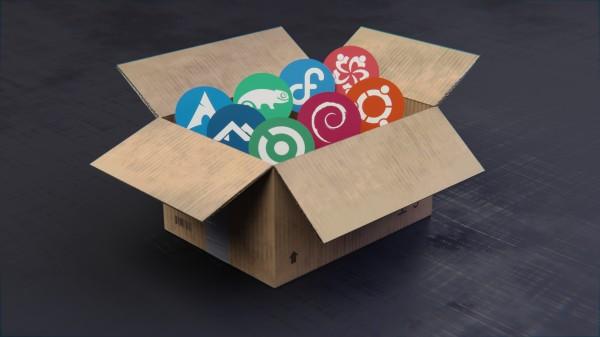Enable both backward and forward compatibility with software and freedom to use whatever distribution you’re more comfortable with. Distrobox uses podman or docker to create containers using the Linux distribution of your choice. The created container will be tightly integrated with the host, allowing sharing of the HOME directory of the user, external storage, external USB devices and graphical apps (X11/Wayland), and audio.
Ideally, you would probably use a Flatpak or Appimage application for your main computer, if they’re available. But if they’re not, this is an amazingly easy alternative. The apps boot as quickly as if they are the native apps for your host machine. You could probably also manually install these containers, but why, if Distrobox largely automates this for you and integrates them so tightly with your computer, that all your home directories are already integrated and visible.
It’s also a great way to learn a different distro and how its package manager and syntax works.
It is like a Linux Subsystem for Linux (like Windows has a Linux Subsystem for Windows).
Their site has extensive documentation as well as a good video giving an overview of how this works.

